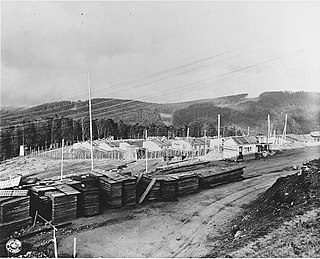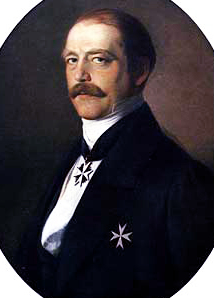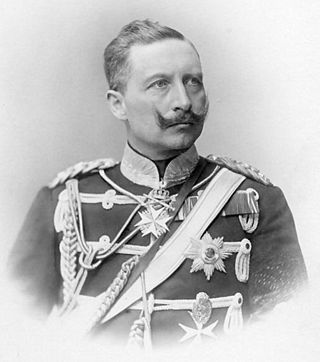Hermann or Herrmann is the German origin of the given name Herman.

Natzweiler-Struthof was a Nazi concentration camp located in the Vosges Mountains close to the villages of Natzweiler and Struthof in the Gau Baden-Alsace of Germany, on territory annexed from France on a de facto basis in 1940. It operated from 21 May 1941 to September 1944, and was the only concentration camp established by the Germans in the territory of pre-war France. The camp was located in a heavily-forested and isolated area at an elevation of 800 metres (2,600 ft).

Otto is a masculine German given name and a surname. It originates as an Old High German short form of Germanic names beginning in aud-, an element meaning "wealth, prosperity".

Arthur Liebehenschel was a German commandant at the Auschwitz and Majdanek concentration camps during the Holocaust. After the war, he was convicted of war crimes by the Polish government and executed in 1948.

The Dachau trials, also known as the Dachau Military Tribunal, handled the prosecution of almost every war criminal captured in the U.S. military zones in Allied-occupied Germany and in Allied-occupied Austria, and the prosecutions of military personnel and civilian persons who committed war crimes against the American military and American citizens. The war-crime trials were held within the compound of the former Dachau concentration camp by military tribunals authorized by the Judge Advocate General of the U.S. Third Army.
Hans is a Germanic male given name in Afrikaans, Danish, Dutch, Estonian, Faroese, German, Norwegian, Icelandic and Swedish-speaking populations. It was originally short for Johannes (John), but is now also recognized as a name in its own right for official purposes. The earliest documented usage was in 1356 in Sweden, 1360 in Norway, and the 14th century in Denmark.

Friedrich is a German given name and the origin of the English Frederick. People with the name include:

Josias, Hereditary Prince of Waldeck and Pyrmont was the heir apparent to the throne of the Principality of Waldeck and Pyrmont and a general in the SS. From 1946 until his death, he was the head of the Princely House of Waldeck and Pyrmont. After World War II, he was sentenced to life in prison at the Buchenwald Trial for his part in the "common plan" to violate the Laws and Usages of War in connection with prisoners of war held at Buchenwald concentration camp, but was released after serving about three years in prison.

Anton is a masculine given name. It is derived from the Latin name Antonius, and used in various languages.

Wilhelm is a German given name, and a cognate of the English name William. The feminine form is Wilhelmine.
Franz is a German name and cognate of the given name Francis. Notable people named Franz include:

Heinrich is a German given name of ancient Germanic origin and cognate of Henry. Female forms are Henrike and Henriette. The most famous patron saint is Henry, as the German Emperor Henry II.

The organization of underground resistance movements in Auschwitz concentration camp began in the second half of 1940, shortly after the camp became operational in May that year. In September 1940 Witold Pilecki, a Polish army captain, arrived in the camp. Using the name Tomasz Serafiński, Pilecki had allowed himself to be captured by Germans in a street round up (łapanka) with the goal of having himself sent to Auschwitz to gather information and organize resistance inside. Under Pilecki's direction the Związek Organizacji Wojskowej, ZOW, was formed.
Mandl is a South German surname. Notable people with the surname include:
Eduard is a male given name, which is a German and Dutch form of the English name Edward. Notable persons with that name include :
Jakob is a masculine given name that is a variant spelling of the Hebrew given name Jacob.
Karl is an originally Germanic variant of the male given name Charles, meaning "free man". For further details on origin and meaning, see Churl and Charles.
Josef is a variant of the masculine given name Joseph, notably used in Germany, Austria, Switzerland and the Czech Republic, and also in Scandinavia.









